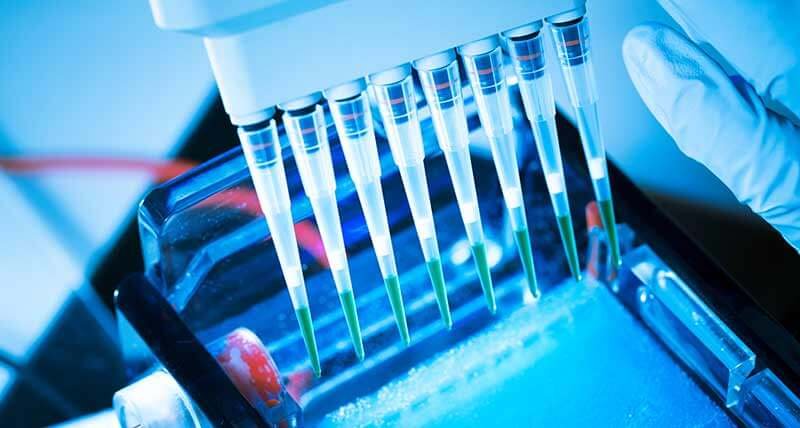Early last spring, as flu season hit its peak, a woman checked into a Houston hospital with all the familiar symptoms: fever, headache, a grating cough.
…
The next day, the company analyzed the centrifuged sample—a mish-mash of free-floating DNA fragments from the patient and whatever microbes happened to be in her body at the time. One surprising string of genetic code kept showing up, over and over. It belonged to a tropics-loving bacterium that typically lives in the bowels of fleas and causes typhus in rats: Rickettsia typhi.
…
[H]ospitals are beginning to turn to genetic sequencing services like those offered by Karius to identify the pathogens making patients sick. These DNA tests can deliver results much faster than traditional lab methods. And as the burgeoning field of sequencing everything that comes out of your body (blood! poop! pee! spit!) matures, companies and products are promising to make the technology more widely accessible. Their goal? To replace all the shaking, smelling, and staining that doctors have relied on for centuries with diagnoses written in genetic code.…
[A]s sequencing costs continue to drop, genetic databases get bigger, and more research proves that they are accurate, tests that probe the microbial bread crumbs left behind in your bodily fluids will start doing a lot more than identifying a typhus outbreak in Texas.Read full, original post: DNA tests could help docs detect infectious diseases faster































